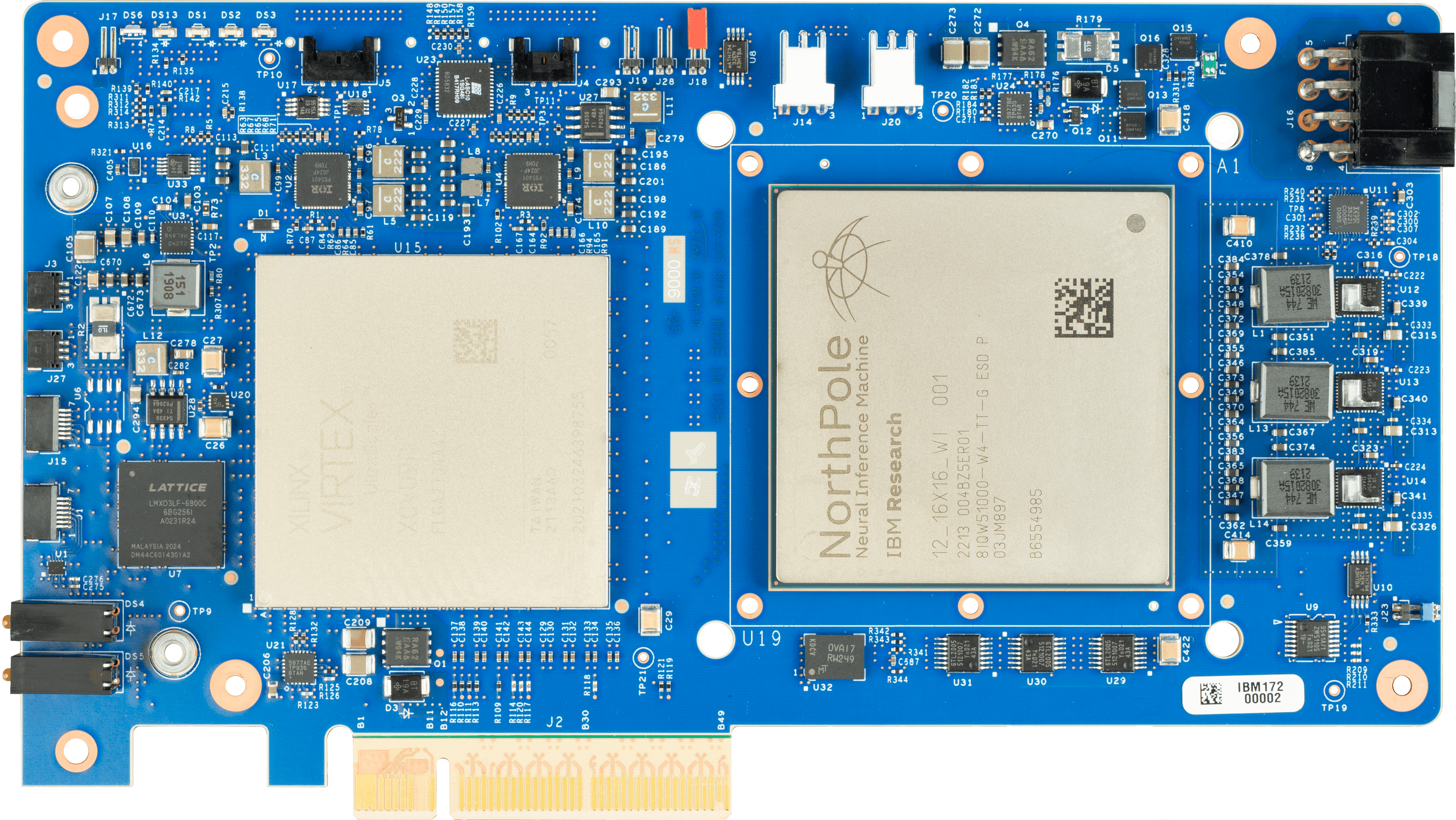IBM Research's lab in California has developed a groundbreaking chip prototype that could revolutionize the efficiency and utilization of AI. Over the last decade, the evolution of AI has seen significant growth, transitioning from theoretical concepts to large-scale applications in various industries. Despite the increased power of hardware used to run AI systems, it was not specifically designed to accommodate today's AI requirements, resulting in escalating costs as AI systems scale. Additionally, Moore's Law, which predicted a doubling of circuits in processors every two years, has slowed down.

However, after nearly two decades of research, IBM Research's lab in Almaden, California has made a significant breakthrough that could redefine how powerful AI hardware systems can be efficiently scaled up. Traditional computer chips have predominantly followed a basic structure, storing processing units and memory discreetly. While this design has facilitated scalability over the years, it has created a bottleneck known as the von Neumann bottleneck, leading to time and energy consumption as data is continually shuttled between memory, processing, and other devices within the chip.
IBM Research's Dharmendra Modha and his team are aiming to address this challenge by drawing inspiration from the brain's computational processes. Their latest innovation, the NorthPole chip, is a digital AI chip for neural inference, building upon the previous brain-inspired chip, TrueNorth. In tests using popular AI models for image recognition and object detection, the NorthPole prototype has demonstrated superior energy efficiency, space efficiency, and lower latency compared to existing market chips, achieving speeds approximately 4,000 times faster than TrueNorth.
Results from these tests have been published in Science, highlighting NorthPole's significant advancements in energy, space, and time efficiencies. The chip's unique architecture integrates all memory on the chip itself, eliminating the von Neumann bottleneck and enabling faster AI inferencing compared to other available chips. With 256 cores and the capacity to perform 2,048 operations per core per cycle at 8-bit precision, NorthPole is positioned as a remarkable innovation in chip technology.
One of the key advantages of NorthPole is its integrated memory on the chip, which eliminates the need to access information from external sources, further enhancing its efficiency. While this design limitation restricts its ability to access external memory, the chip can support larger neural networks through a scaling-out approach, breaking them down into smaller sub-networks that fit within NorthPole's model memory and connecting these sub-networks on multiple NorthPole chips.
The efficacy of NorthPole also translates into practical application advantages, such as not requiring bulky liquid-cooling systems, making it suitable for deployment in smaller spaces. While ongoing research into the NorthPole chip is primarily focused on computer vision-related uses, its potential applications extend to emerging AI use cases and well-established ones, including natural language processing, speech recognition, autonomous vehicles, robotics, digital assistants, spatial computing, and edge applications that require real-time data processing.
Looking ahead, the development of the NorthPole chip represents the beginning of an ongoing journey for Dharmendra Modha and his team. The potential for implementing NorthPole on future chip processing technologies, as well as exploring fundamental architectural innovations, signals further enhancements in efficiency and performance.
The culmination of Modha's work on brain-inspired computing has resulted in the NorthPole chip, representing a significant milestone in his 19-year career. By marrying the best of traditional processing devices with the brain's processing structure, NorthPole embodies brain-inspired computing with silicon speed. As the team continues to explore the implications and possibilities of NorthPole, the journey from fundamental research to a groundbreaking solution underscores the dedication and collaborative efforts at IBM Research in addressing the big questions in computing, shaping the future of AI hardware advancements.







